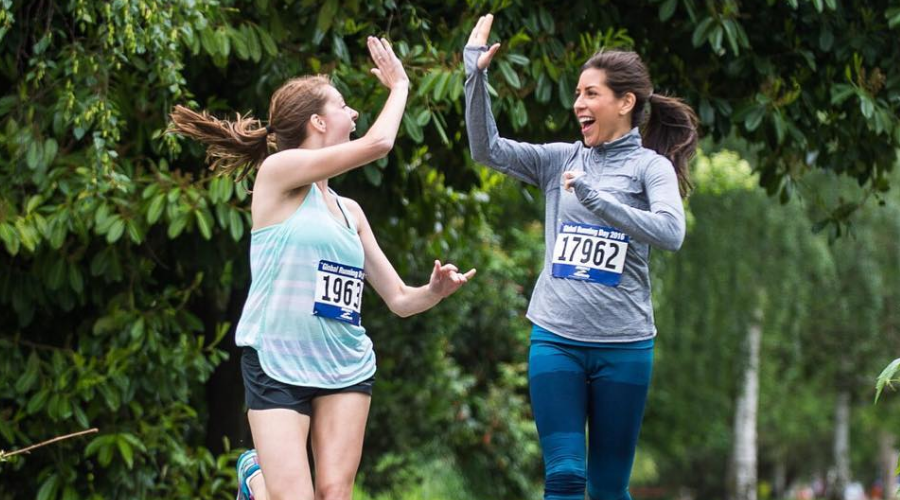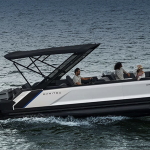Health isn’t a fad for millennials – it’s a lifestyle, according to the second phase of findings from The Millennial Running Study, commissioned by Running USA and RacePartner.
The overall study research explored the attitudes and behaviors of millennial runners born 1980 to 2000.
“One of the most frequent questions we get from race directors is, how can we get millennials to run and participate in races,” said Robert Anderson, executive vice president of Achieve, a research and marketing agency. “This research…will provide our RacePartner division, as well as the entire industry, with a better understanding of millennial runners’ social and economic behaviors.”
For Phase II of the Millennial Running Study, Achieve took a deeper look at Phase I findings to identify trends by gender and runner type. The update also includes commentary from qualitative interviews in an effort to further explain and support elements of millennial runners’ health and fitness, running experience and philanthropy, with a focused examination of their interest and participation in event volunteerism.
The second phase of the study particularly explored three facets: around millennials and running: health & fitness, the ‘experience’ and philanthropy.
Around health & fitness, the study found that running is an activity that millennials have identified as an efficient way to benefit not only their physical health but to also sustain positive mental and emotional health. First as a way to lose weight and then a way to decompress and think, running is a part of who they are, how they see themselves and what they represent. It becomes a daily routine, an escape, a restorative practice and more, increasing their abilities to perform in other areas of their lives.
When looking at experience around running events, the half-marathon is the most favored and completed by millennial runners, followed by 5Ks and 10Ks. These runners learn about races primarily through internet search and social media – Facebook, Twitter and Instagram, in particular – though serious competitive runners favor internet over social. Millennial runners sometimes use running events as a way to travel and experience new locations, but they most appreciate a well-run, well-organized event more than any other offering.
Finally, the majority of millennial runners do not participate in running events because of the philanthropic aspect. In addition, most millennial runners have not volunteered for an event – but they would do so if they could participate in groups of their choosing (primarily friends and family members) or if they would receive free or reduced registrations to future events.
“This generation of runners are more than just conscious of their health; they actively seek to improve and maintain it long-term, and they integrate running as a mode of health promotion and disease prevention,” the researchers concluded.
The study added, “As the next generation of event volunteers, it is vital to cultivate millennial runners now. Appropriate communications, approaches and incentives can serve as ways to draw in this expansive group of potential volunteers, and current race directors can consider identifying organizations that serve physically active millennials (e.g., teams, workout groups and clubs, etc.) and target them with meaningful information about the importance of volunteering at running events.”
The multi-staged, mixed methodological research study was designed by the Achieve research team, and the findings will be discussed in depth during a September 15 webinar hosted by Achieve President Derrick Feldmann and lead researcher Amy Thayer, Ph.D.
“The first release of the study showed that a lot of event directors do not know how to communicate with millennial runners,” said Rich Harshbarger, CEO of Running USA. “This research will help them tailor their business approaches and marketing plans so they can improve their recruitment of millennial participants.”
The Millennial Running Study seeks to understand what organized running events – defined as public, organized run/walk events – can do to keep millennial runners – defined as those who regularly participate in competitive running events – interested and engaged.
The study can be downloaded here.
Photo courtesy Brooks.
















